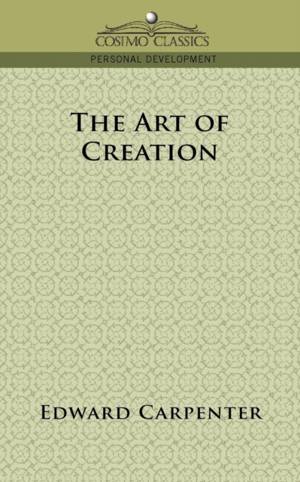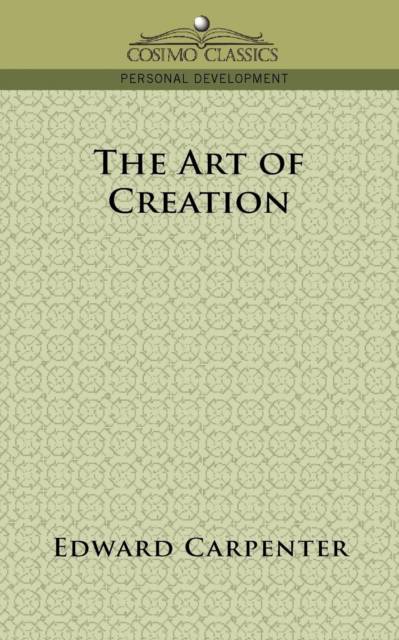
Bedankt voor het vertrouwen het afgelopen jaar! Om jou te bedanken bieden we GRATIS verzending (in België) aan op alles gedurende de hele maand januari.
- Afhalen na 1 uur in een winkel met voorraad
- In januari gratis thuislevering in België
- Ruim aanbod met 7 miljoen producten
Bedankt voor het vertrouwen het afgelopen jaar! Om jou te bedanken bieden we GRATIS verzending (in België) aan op alles gedurende de hele maand januari.
- Afhalen na 1 uur in een winkel met voorraad
- In januari gratis thuislevering in België
- Ruim aanbod met 7 miljoen producten
Zoeken
€ 29,95
+ 59 punten
Uitvoering
Omschrijving
Sometimes when one sees people going about shivering on a cold day... one thinks how good it would be for most of them just to strip then and there, and run, run till they were red hot-mastering the cold that way. -from "Health a Conquest" Bracingly convivial and full of a spunky energy, this early motivational book, first published in 1904, is a spiritual but nonreligious call to creative arms to explore the possibilities of human consciousness to conceive and invent and brings us up to our physical and intellectual potential. Poet and activist Carpenter traveled the 19th-century English countryside delivering enthusiastic lectures criticizing the social conventions of his time, some of which are included in this series of essays, and his cry to abandon the repressive habits that prevent us from being fully ourselves continues to ring true today. British writer EDWARD CARPENTER (1844-1929) was a dedicated social reformer and active in the late 19th-century Arts and Crafts movement. Educated at Cambridge, he is remembered for his unrhymed verse, including 1883's Towards Democracy. Among his works are Civilization: Its Cause and Cure, And Other Essays (1889) and Love's Coming of Age (1896).
Specificaties
Betrokkenen
- Auteur(s):
- Uitgeverij:
Inhoud
- Aantal bladzijden:
- 280
- Taal:
- Engels
- Reeks:
Eigenschappen
- Productcode (EAN):
- 9781596053144
- Verschijningsdatum:
- 1/11/2005
- Uitvoering:
- Paperback
- Formaat:
- Trade paperback (VS)
- Afmetingen:
- 127 mm x 203 mm
- Gewicht:
- 303 g

Alleen bij Standaard Boekhandel
+ 59 punten op je klantenkaart van Standaard Boekhandel
Beoordelingen
We publiceren alleen reviews die voldoen aan de voorwaarden voor reviews. Bekijk onze voorwaarden voor reviews.









